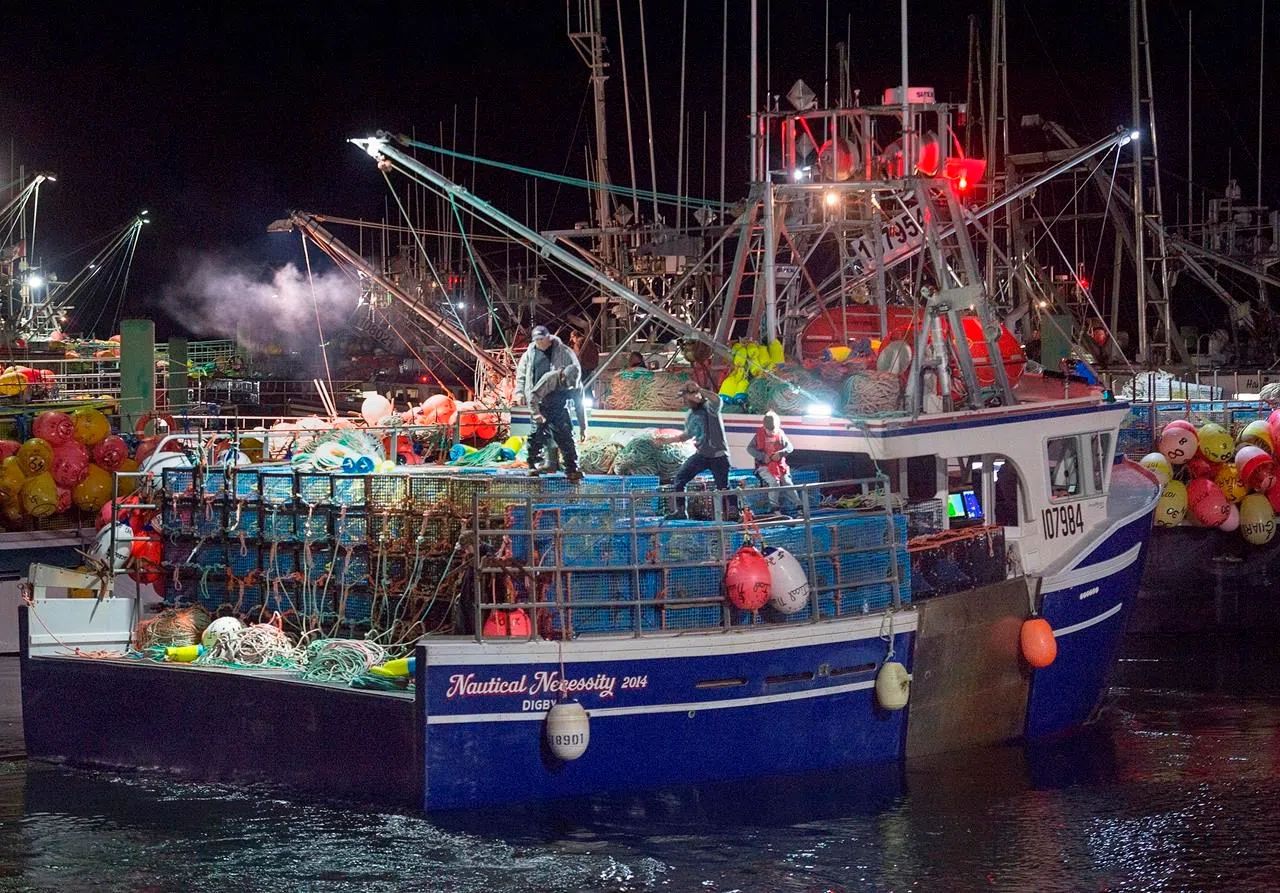
Lobster seized at Halifax airport amid tensions over Indigenous fishery
HALIFAX — Fisheries officials have seized three tonnes of lobster amid tensions over the Indigenous fishery in Nova Scotia.
The lobster was seized Monday at Halifax Stanfield International Airport, the federal Department of Fisheries and Oceans confirmed Friday.
“An investigation is currently underway into the sale of fish not harvested under commercial licence. As part of our investigation … a seizure of lobsters was made,” DFO said in a statement.
The airport is a major lobster-shipping hub, with $187 million in seafood and lobster exports in 2016.
